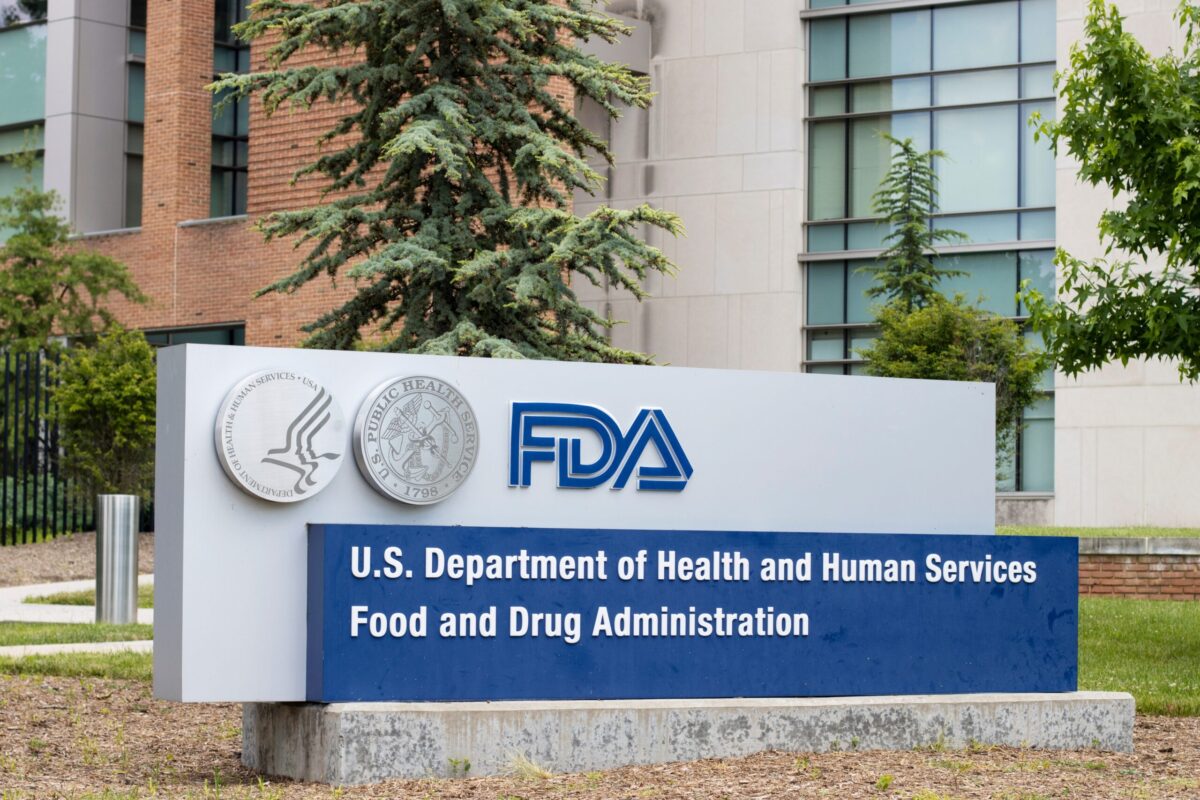According to a recent report from LegitScript, a leading provider of healthcare product verification and monitoring services, there has been a whopping 1200 percent increase in violative and misleading advertisements related to compounded GLP-1 medications.
Compounded GLP-1 medications, created by specialized pharmacies under a special US Food and Drug Administration (FDA) allowance due to ongoing shortage, have become increasingly popular for weight loss. However, the sharp rise in demand for these products, coupled with the lack of FDA approval for compounded GLP-1 medications, is raising concerns about their safety, effectiveness and consistency, said LegitScript.
The company monitors online activity across major platforms and found a more than 200 percent surge in “violative or problematic” GLP-1-related ads in the first half of 2024 compared to all of 2023, and an approximate 1200 percent increase compared to all of 2022.
More than half a million individual ads referencing GLP-1s were monitored by LegitScript in just the last two months.
These advertisements, often found on social media platforms, search engines and various websites, frequently violate advertising guidelines and regulations. The violative content ranges from exaggerated claims about the efficacy of the medications to the promotion of unauthorized sources and counterfeit products.
Related: Oprah Hosts TV Special About GLP-1 Drugs for Weight Loss
GLP-1 medications, including popular drugs like Novo Nordisk’s semaglutide franchise consisting of Ozempic and Rybelsus for type 2 diabetes and Wegovy for obesity treatment, function by mimicking the action of the GLP-1 (glucagon-like peptide-1) hormone, which plays a crucial role in blood sugar regulation and appetite control. Originally approved for diabetes management, these drugs have demonstrated significant efficacy in promoting weight loss, leading to their off-label use as weight management solutions.
The effectiveness of GLP-1 medications in weight loss has gone viral worldwide. Influential endorsements, combined with compelling clinical results, have driven a surge in consumer demand. However, this heightened interest has also created fertile ground for unethical and misleading advertising practices, aiming to exploit often vulnerable individuals seeking effective weight loss solutions.
The skyrocketing demand for GLP-1 drugs has also led to a surge in pharmacies and medical spas offering compounded versions of the medications for weight loss. Novo Nordisk and Eli Lilly, maker of GLP-1 drug tirzepatide (branded Mounjaro for type 2 diabetes treatment and Zepbound for obesity), took legal action against several medical spas and pharmacies selling compounded versions of the drugs. In May, Eli Lilly reached a settlement with one of the medical spas.
According to LegitScript’s findings, in the first six months of 2024, the company received almost the same amount (94 percent) of new healthcare merchant applications as in all of 2023. The company said this follows a “strong growth trend as consumer trust and interest in telemedicine increases,” reflected by a 47 percent increase in applications from 2022 to 2023.
The report also shows a rapid rise in compounding pharmacies. More than 60 percent of providers that applied for LegitScript Healthcare Merchant Certification focus on weight-loss medication, and of those, 98 percent offer compounded GLP-1s.
LegitScript noted that 83 percent of problematic ads for GLP-1 medications are being promoted in jurisdictions where advertisements for prescription medicines are prohibited. Moreover, 15 percent of flagged ads offer the medication without the need of a prescription.
“The meteoric rise in the popularity of GLP-1 medications has created a breeding ground for online scams and the sale of unauthorized products,” said LegitScript CEO Scott Roth in a press release.
“Our data shows a concerning rise in non-compliant advertising and the sale of these medications without a prescription, putting consumers at a great risk. Consumers should be wary of any online offer for prescription medications that seems too good to be true, and they should always consult with a licensed physician before starting any new medication,” he explained.
The GLP-1 drug market is on its way to becoming one of the most lucrative pharmaceutical markets. J.P. Morgan has estimated that the GLP-1 market will surpass $100 billion by 2030, with growth driven equally by use for diabetes and obesity.
If you want your company to be featured on Xtalks.com, please email [email protected].












Join or login to leave a comment
JOIN LOGIN